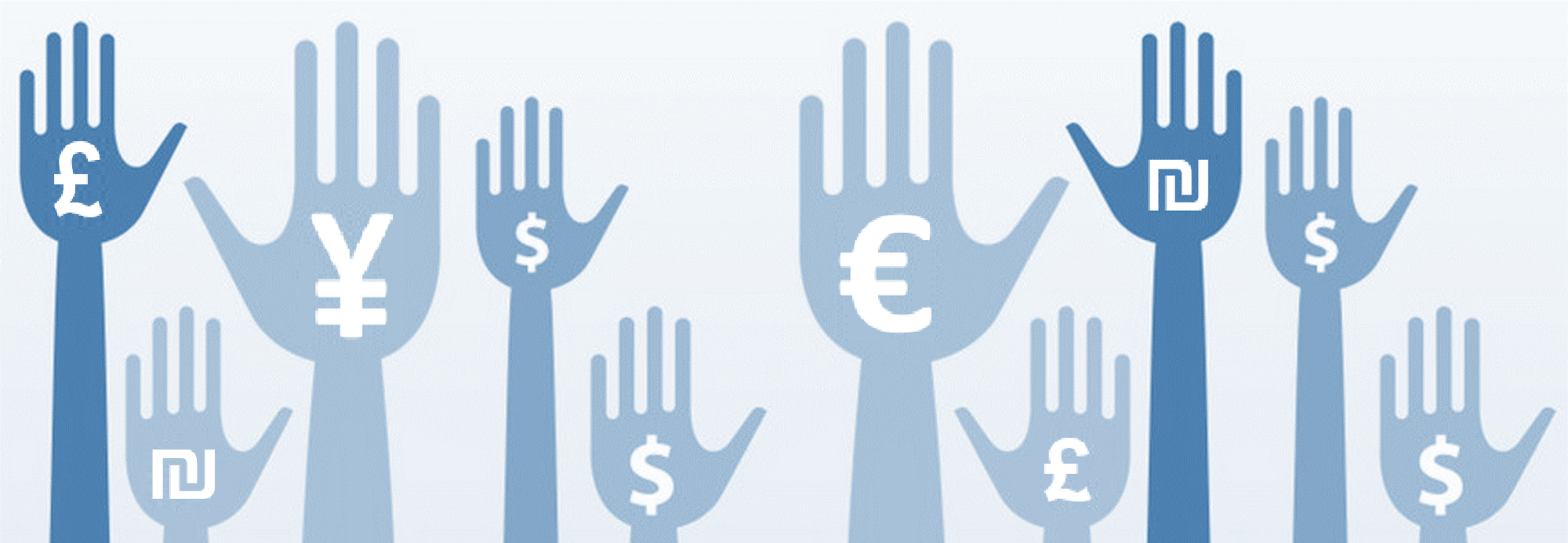(Photo from : realbuisness.co.uk)
Since the financial crisis, many people have grown weary of the traditional banking system and the amount of power it seems to have over the economy. There is now a growing movement to bypass the banks and revolutionise the way in which we access money. Crowdfunding is an alternative source of finance, which has experienced a colossal surge in popularity over recent years. It involves the use of the internet and social media in order to communicate with a large number of people, asking them each for just a small amount of money.
This concept is not new. The first Crowdfunded project took place in 1997 when the rock band Marillion could not afford to fund their American tour. In dismay, their fans raised $60,000 online, enabling their beloved band to tour and thus, Crowdfunding was born. The first Crowdfunding website went on to be created in 2001. Fifteen years later, the list of websites is vast; amongst the most popular are Kickstarter, Crowdcube and Indiegogo.
Crowdfunding has been successfully used in numerous different sectors. Recently it has been particularly fruitful in the arts and technology industries. For example, the VR start-up, Oculus Rift, promised investors a headset that would change the face of gaming. The firm was able to raise $2.4 million from Crowdfunding, before being bought out by Facebook in return for $2 billion! Oculus Rift has experienced global success and it began with a simple Crowdfunding campaign.
Crowdfunding is now being used in the student community, in order to bypass the need for government loans. This may be students who find themselves ineligible for a loan or who wish to avoid the annual interest rate of 3% plus inflation pegged to retail price index, charged by the Student Loans Company.
EdAid is a start-up social enterprise, which enables ambitious and talented students to borrow from the community, at no interest rate, in order to fund their university education. Repayments then begin only when the borrower has found a graduate position, based on 10% of net income. EdAid also help their students find the most meaningful intern and graduate roles. They claim to be “backing the 99%”, believing that all young people should have equal access to affordable education.
So perhaps you’d like to fundraise for a charity, start your own business or fund your studies. Crowdfunding brings a host of possibilities. In short, it is simply our generations’ way of saying no to the banks, and choosing to lend to one another in a more organic and meaningful way.
By Alice Green

